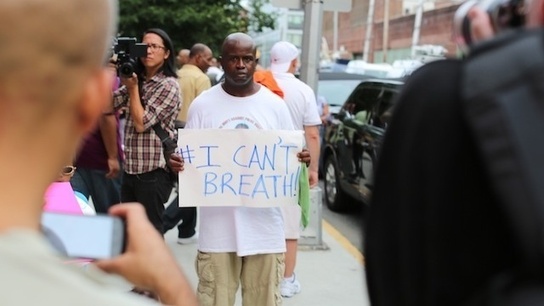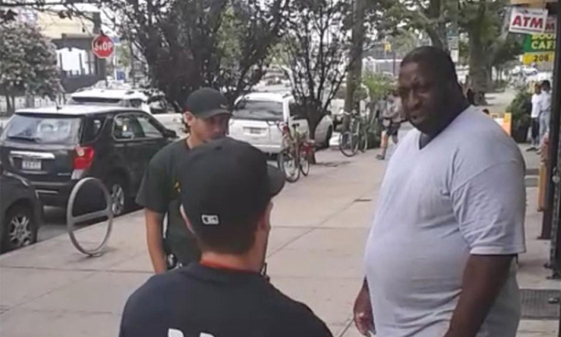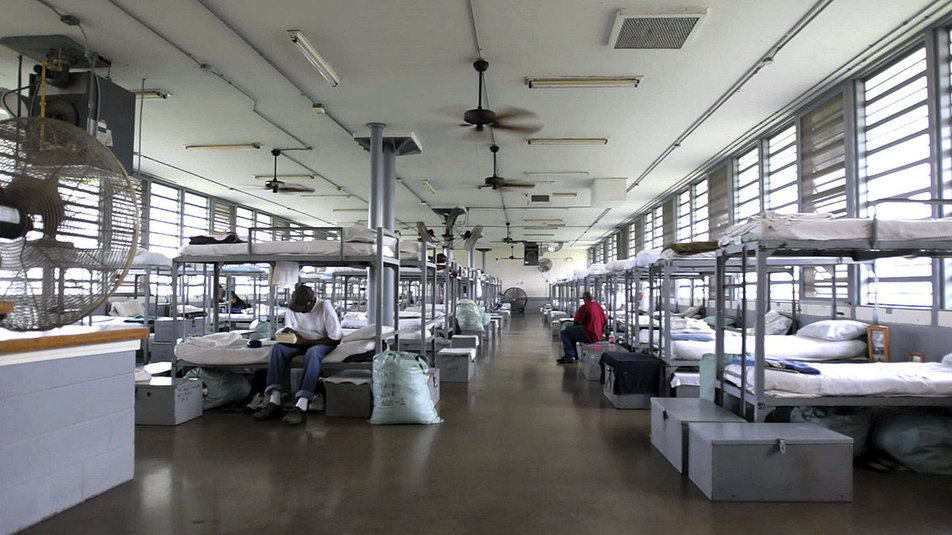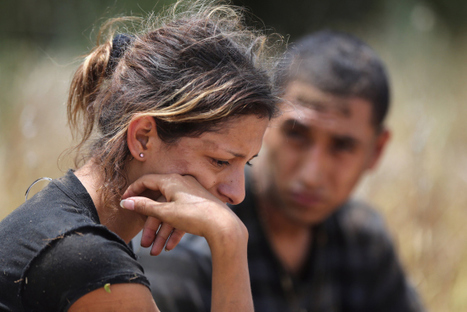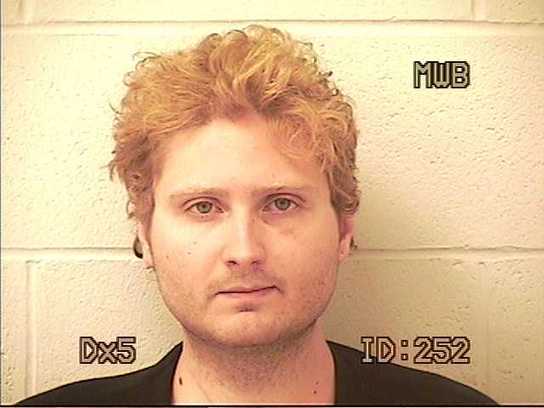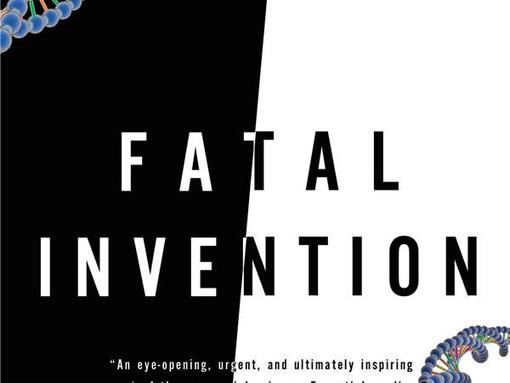After the funeral, as Kirkpatrick, Bryant and his children were leaving the church, they were approached by a group of plainclothes cops. Kirkpatrick says he was asked, “Is that your cousin, Calvin Bryant?” When he confirmed Bryant’s identity, he says, police followed them down the block and arrested Bryant.
In addition to an outstanding bench warrant, Bryant was charged with resisting arrest. According to the arrest document, “The defendant did resist a lawful arrest by flailing the defendant’s arms and pushing the deponent while the deponent attempted to place the defendant in handcuffs.”
Bryant and Kirkpatrick vehemently deny that accusation. “I didn’t resist arrest,” Bryant says. “I didn’t have time. I was holding my kids’ hands so I wouldn’t have been able to throw my hands up.”
…
What Bryant and his lawyers do find troubling is the time and place of an arrest that could have been made somewhere else, and at any other time.
“Why on earth choose this moment?” asks Scott Hechinger, one of the lawyers working on Bryant’s case. “There’s about a million other ways to arrest this guy. Get him at his house the day before, the day after, any time over the last four years. Why choose the funeral service—the service that they caused—to inflame tensions? The timing just makes you wonder: Is this to make a statement?”
– Click through for more –
Source: www.vice.com


